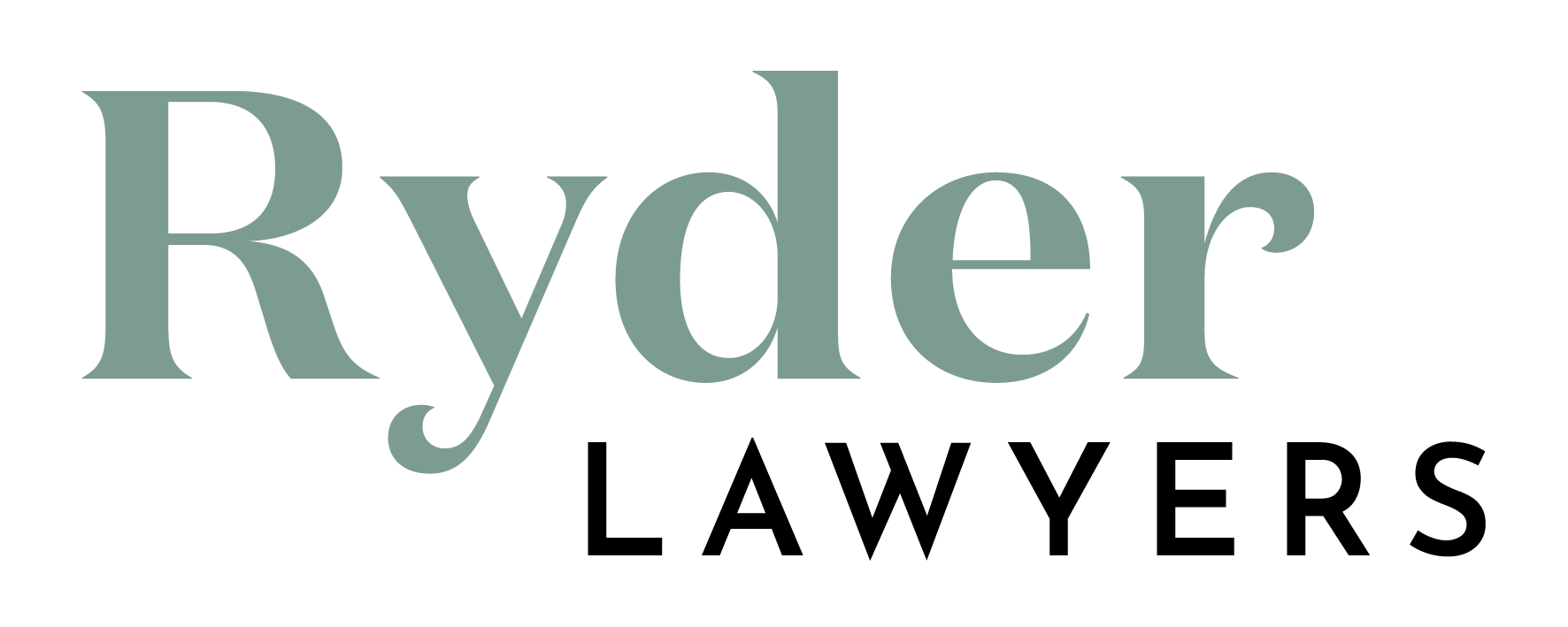Commercial Property

Our Commercial Property Services
Ryder Lawyers commercial property services and expertise include:
- Property transactions, acquisition and disposal
- Retail and commercial leasing
- Easements
Understanding Commercial Property Leasing Differences
Residential and commercial real estate investments work similarly with you renting the property and receiving a rental income.
However, there are some key differences:
Longer leases – compared to a residential lease (usually 6 to 12 months) a commercial lease can be 3 to 5 years plus options. This means you can retain tenants for longer, providing guaranteed rental income over a longer term.
Possibly more extended vacancy – the downside is that it is likely to take longer to find a new tenant, and you may not receive rental income for a more extended period. You may also need to offer various incentives (e.g. rent-free period, cash contributions towards fit-out) to attract tenants, which can be costly.
Less Expenses: Unlike home ownership, expenses such as council rates and charges (including water), body corporate expenses, property management expenses, insurance, utilities, and land tax (not retail leases) are usually paid by the tenants.
GST – Unlike residential property, most commercial property rentals are subject to GST. You need to speak to your accountant to understand if you register for and collect GST

What Legal Entity to Use When Buying A Commercial Property?
This depends on your circumstances, but in most cases, we recommend buying a commercial property under an investment vehicle such as a family trust, unit trust, company or self–managed super fund.
We work with your accountants to ensure you are purchasing your investment in the right entity before you sign a contract.
Don’t have an accountant yet? We have many great contacts in our network and can refer you to someone who is the right fit for you.
Taxation is another consideration when you purchase a commercial property for investment purposes.
For example, the establishment of a family trust can offer a tax advantage if you have adult family members with little or no taxable income. Another popular way to purchase a commercial property is through a self-managed super fund (SMSF).
Please seek advice from your accountant to decide which structure is best for your situation and get everything sorted out BEFORE you sign a contract.
What To Look Out For When Buying A Commercial Property?
Like any investment property, you need to look at rental yields and potential capital gains. The location, infrastructure, approved legal use, age and condition of the building and the make-up of the tenant base are factors to consider.
A good tenant in place is a bonus and brings in immediate income, but it can also mean you have to pay a premium on the sale price.
Be aware that investments in commercial property are more easily affected by economic downturns than residential property.
For example, in poor economic conditions, you may not be able to find a new tenant for months, or your tenant may default, and you will have to collect the arrears.
You need to take all these points into account for your budget calculations.


Property Research tips
- If there is already a tenant, meet them and see what they are like.
- Check the rent books and find out if there have been any defaults.
- Talk to your accountant about projected rental income and expenses.
- Talk to your lawyer and get research, especially on building permits and approvals.
- Has the building been inspected by specialist inspector in the type of building you want to buy?
- If it is a Strata building, check the corporation’s records and ensure no disputes or litigation.
If you have agreed on a due diligence clause in the contract, you can cancel the contract and get your deposit back if it turns out that the property is not exactly what you are looking for.
Our commercial lawyers at Ryder Lawyers can handle commercial real estate transactions up to $5 million.
Contact us if you need commercially oriented legal assistance.
Do you have a legal matter? Book in for a 15 minute phone call
Meet with our team on a quick and friendly call. Let’s see if we can work together,



